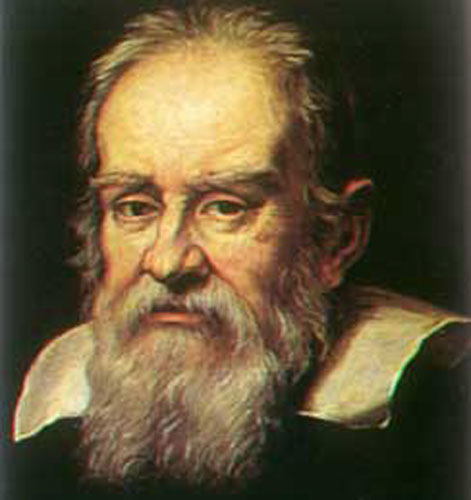Edge has an interesting article by Stuart Kauffman on reinventing the sacred. This is basically an article that argues against scientific reductionism and in favor of emergence -- a stance I mostly agree with.
BREAKING THE GALILEAN SPELL
My aim is to reinvent the sacred. I present a new view of a fully natural God and of the sacred, based on a new, emerging scientific worldview. This new worldview reaches further than science itself and invites a new view of God, the sacred, and ourselves—ultimately including our science, art, ethics, politics, and spirituality. My field of research, complexity theory, is leading toward the reintegration of science with the ancient Greek ideal of the good life, well lived. It is not some tortured interpretation of fundamentally lifeless facts that prompts me to say this; the science itself compels it.
This is not the outlook science has presented up to now. Our current scientific worldview, derived from Galileo, Newton, and their followers, is the foundation of modern secular society, itself the child of the Enlightenment. At base, our contemporary perspective is reductionist: all phenomena are ultimately to be explained in terms of the interactions of fundamental particles. Perhaps the simplest statement of reductionism is due to Simon Pierre Laplace early in the nineteenth century, who said that a sufficient intelligence, if given the positions and velocities of all the particles in the universe, could compute the universe’s entire future and past. As Nobel laureate physicist Stephen Weinberg famously says, “All the explanatory arrows point downward, from societies to people, to organs, to cells, to biochemistry, to chemistry, and ultimately to physics.” Weinberg also says, “The more we know of the universe, the more meaningless it appears.”
Reductionism has led to very powerful science. One has only to think of Einstein’s general relativity and the current standard model in quantum physics, the twin pillars of twentieth century physics. Molecular biology is a product of reductionism, as is the Human Genome Project.
But Laplace’s particles in motion allow only happenings. There are no meanings, no values, no doings. The reductionist worldview led the existentialists in the mid-twentieth century to try to find value in an absurd, meaningless universe, in our human choices. But to the reductionist, the existentialists’ arguments are as void as the spacetime in which their particles move. Our human choices, made by ourselves as human agents, are still, when the full science shall have been done, mere happenings, ultimately to be explained by physics.
Reductionism is inadequate reductionism. Even major physicists now doubt its full legitimacy. Biology and its evolution cannot be reduced to physics alone but stand in their own right. Life, and with it agency, came naturally to exist in the universe. With agency came values, meaning, and doing, all of which are as real in the universe as particles in motion. “Real” here has a particular meaning: while life, agency, value, and doing presumably have physical explanations in any specific organism, the evolutionary emergence of these cannot be derived from or reduced to physics alone. Thus, life, agency, value, and doing are real in the universe. This stance is called emergence. Weinberg notwithstanding, there are explanatory arrows in the universe that do not point downward. A couple in love walking along the banks of the Seine are, in real fact, a couple in love walking along the banks of the Seine, not mere particles in motion. More, all this came to exist without our need to call upon a Creator God.
Emergence is therefore a major part of the new scientific worldview. Emergence says that, while no laws of physics are violated, life in the biosphere, the evolution of the biosphere, the fullness of our human historicity, and our practical everyday worlds are also real, are not reducible to physics nor explicable from it, and are central to our lives. Emergence, already both contentious and transformative, is but one part of the new scientific worldview I embrace.
Read the rest.

No comments:
Post a Comment